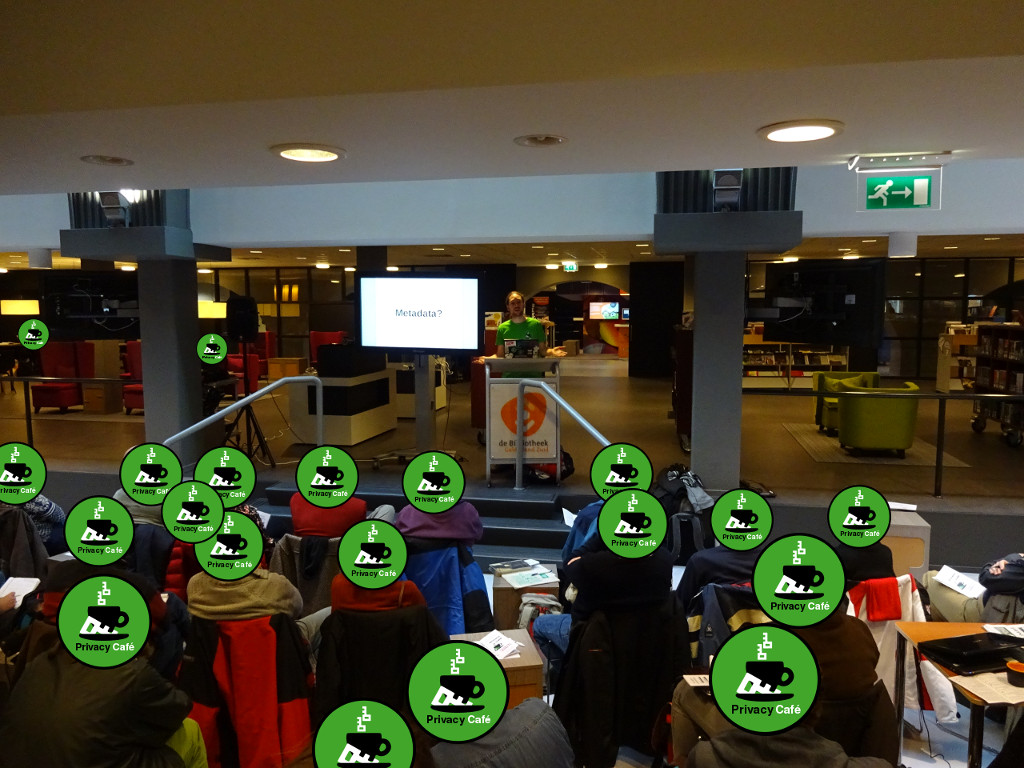Computers have become an essential part of our daily lives, which increasingly take place online. Those computers, smartphones and other devices are controlled by software. We need to ask ourselves: “who controls that software?” Because when we don’t control the software we use, it controls us. And whoever controls the software therefore controls us.
Free Software grants you (and others) these four essential freedoms:
- to run freely, for any purpose
- to study and adapt to your needs
- to redistribute, so you can help others
- to release improvements, so everyone benefits
It:
- Provides fundamental freedoms in the digital age.
- Helps to bridge the “digital divide” (by being available to all).
- Does not depend on a single party; instead it puts control in the hands of its users.
- Allows us (and others) to verify that it does what we want and contains no malicious features or hidden weaknesses (which means we don’t need to worry about our computers, televisions and other devices spying on us).
- Can be trusted (unlike software whose inner workings are barred from public inspection).
- Allows our files to still be opened years later, thanks to Open Standards (so we don’t need to keep buying new versions of software because of incompatibility with older versions or planned obsolescence).
And:
- Is a public good that anyone (including individuals, businesses, NGOs and administrations) can contribute to and benefit from.
- Fosters a culture of making new technologies instead of only using them.
- Respects users’ freedom and promotes solidarity and cooperation in digital communities.
- Is a generative technologythat:
- Promotes the dissemination of knowledge.
- Allows SMEs, non-profits, students and individuals to create new and improved technologies.
- Stimulates economic growth and scientific and technological advancement.
- Fosters a level playing field in an independent, service-oriented economy.
- Is strategically relevant as a way of enforcing sovereignty, controlling public expenses and achieving sustainable development.
Free Software has millions of users. The infrastructure of the internet relies on it, as do the servers of businesses large and small. Without it, the internet as we know it would not exist. Examples of widely-used Free Software are: GNU/Linux, Firefox, LibreOffice and VLC. And there are many more.
Using (exclusively) Free Software puts you in full control and is the only way to guarantee privacy, security and autonomy.
The importance of Free Software is not limited to our personal computers. We also need to be able to trust the software that controls (public) services, (vital) infrastructure, voting machines, the computers used by elected officials, etc.
Because of the importance of Free Software:
- Public services should be available to all citizens, including those who use Free Software.
- Software developed with public funds or used by public services and administrations should be Free Software.
- We should strive to eliminate threats to our digital freedom, such as:
- Bundled sales, vendor lock-in and closed formats.
- Software Patents (which impede innovation and fair competition).
- Digital Restrictions Management (which turns computers and devices against their owners).
- “Trusted Computing” (“Treacherous Computing”) (which, unless implemented so as to be under the control of the user, takes control of our computers away from us and unfairly restricts competition and interoperability).
– Felix
